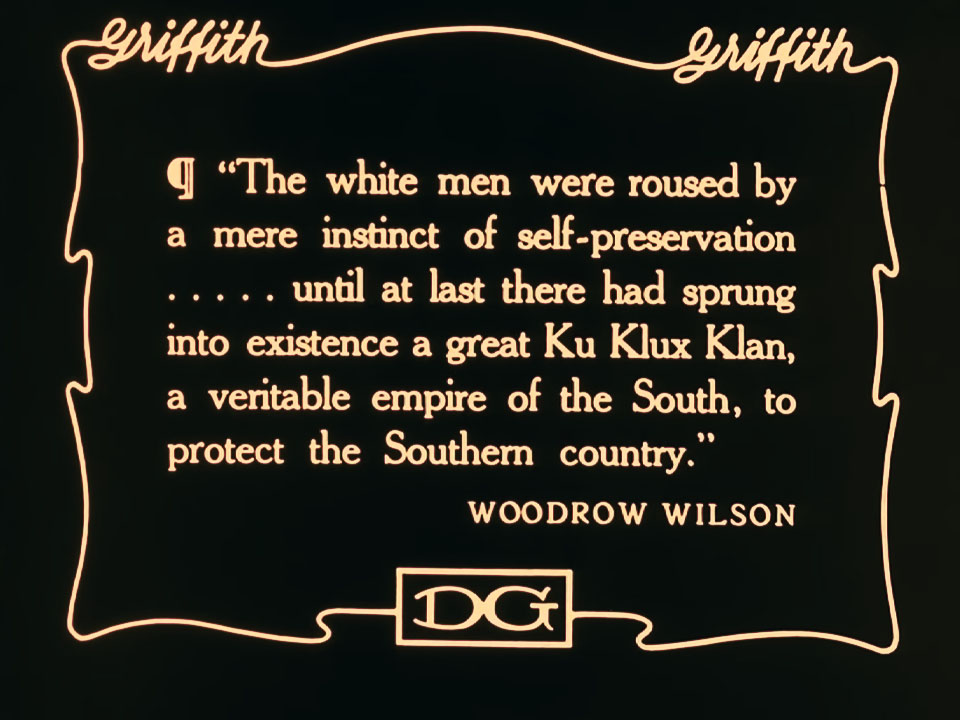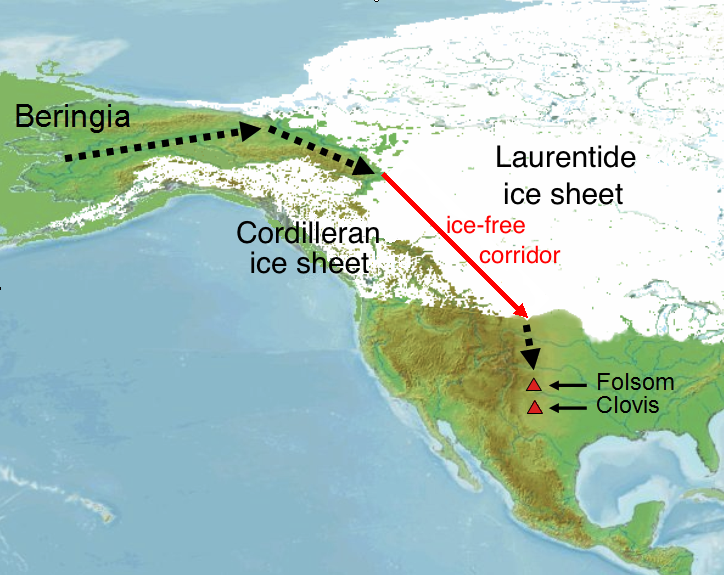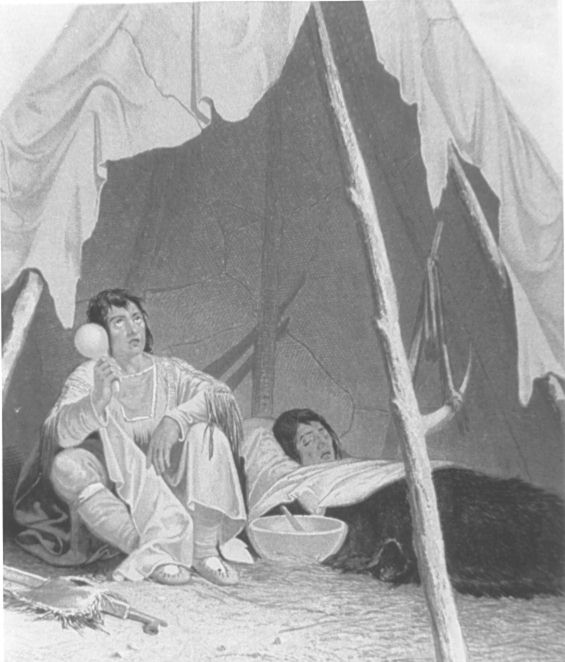|
Lies Across America
''Lies Across America'', a 1999 book by James Loewen, is a sequel to his 1995 work '' Lies My Teacher Told Me''. The book focuses on historical markers and museums across the United States, arguing that every historic site is "a tale of two eras": the one from when the event happened and the one from when the event was commemorated. The survey starts on the West Coast and moves east, a deliberate break from the traditional American history found in textbooks, which begin with the Pilgrims and follow westward expansion. In the book, Loewen prioritized Native American history and the Spanish colonization of the Americas over that of other European colonization. Loewen's book voices two major complaints about historical markers in the United States. The first deals with historical markers established in the Southern United States that attempt to whitewash the history of slavery and the period of Reconstruction. Many of these markers were established between 1890 and 1920, the na ... [...More Info...] [...Related Items...] OR: [Wikipedia] [Google] [Baidu] |
James Loewen
James William Loewen (February 6, 1942August 19, 2021) was an American sociologist, historian, and author. He was best known for his 1995 book, '' Lies My Teacher Told Me: Everything Your American History Textbook Got Wrong.'' A 2005 book, ''Sundown Towns: A Hidden Dimension of American Racism,'' galvanized a national effort to develop a list of sundown towns. Early life Loewen was born in Decatur, Illinois, on February 6, 1942. His father, David, was a medical director and physician from an immigrant Mennonite community; his mother, Winifred (Gore), was a librarian and teacher. Loewen was raised in Decatur, where he attended MacArthur High School and was a National Merit Scholar as a graduate in 1960. Loewen attended Carleton College. In 1963, as a junior, he spent a semester in Mississippi, an experience in a different culture that led him to question what he had been taught about United States history. He was intrigued by learning about the unique place of nineteenth-ce ... [...More Info...] [...Related Items...] OR: [Wikipedia] [Google] [Baidu] |
Nadir Of American Race Relations
The nadir of American race relations was the period in African-American history and the history of the United States from the end of Reconstruction in 1877 through the early 20th century, when racism in the country, and particularly anti-black racism, was more open and pronounced than it had ever been during any other period in the nation's history. During this period, African Americans lost access to many of the civil rights which they had gained during Reconstruction. Anti-Black violence, lynchings, segregation, legalized racial discrimination, and expressions of white supremacy all increased. Asian Americans and Hispanic Americans were also not spared from such sentiments. Historian Rayford Logan coined the phrase in his 1954 book ''The Negro in American Life and Thought: The Nadir, 1877–1901''. Logan tried to determine the period when "the Negro's status in American society" reached its lowest point. He argued for 1901 as its end, suggesting that race relations imp ... [...More Info...] [...Related Items...] OR: [Wikipedia] [Google] [Baidu] |
1999 Non-fiction Books
1999 was designated as the International Year of Older Persons. Events January * January 1 – The euro currency is established and the European Central Bank assumes its full powers. * January 3 – The Mars Polar Lander is launched by NASA. * January 25 – The 6.2 Colombia earthquake hits western Colombia, killing at least 1,900 people. February * February 7 – Abdullah II inherits the throne of Jordan, following the death of his father King Hussein. * February 11 – Pluto moves along its eccentric orbit further from the Sun than Neptune. It had been nearer than Neptune since 1979, and will become again in 2231. * February 12 – U.S. President Bill Clinton is acquitted in impeachment proceedings in the United States Senate. * February 16 ** In Uzbekistan, an apparent assassination attempt against President Islam Karimov takes place at government headquarters. ** Across Europe, Kurdish protestors take over embassies and hold hostages ... [...More Info...] [...Related Items...] OR: [Wikipedia] [Google] [Baidu] |
The New York Times
''The New York Times'' (''NYT'') is an American daily newspaper based in New York City. ''The New York Times'' covers domestic, national, and international news, and publishes opinion pieces, investigative reports, and reviews. As one of the longest-running newspapers in the United States, the ''Times'' serves as one of the country's Newspaper of record, newspapers of record. , ''The New York Times'' had 9.13 million total and 8.83 million online subscribers, both by significant margins the List of newspapers in the United States, highest numbers for any newspaper in the United States; the total also included 296,330 print subscribers, making the ''Times'' the second-largest newspaper by print circulation in the United States, following ''The Wall Street Journal'', also based in New York City. ''The New York Times'' is published by the New York Times Company; since 1896, the company has been chaired by the Ochs-Sulzberger family, whose current chairman and the paper's publ ... [...More Info...] [...Related Items...] OR: [Wikipedia] [Google] [Baidu] |
The American Prospect
''The American Prospect'' is a daily online and bimonthly print American political and public policy magazine dedicated to American modern liberalism and Progressivism in the United States, progressivism. Based in Washington, D.C., ''The American Prospect'' says it "is devoted to promoting informed discussion on public policy from a progressive perspective." Its motto is "Ideas, Politics, and Power". History The magazine, initially called ''The Liberal Prospect'', was founded in 1990 by Robert Kuttner, Robert Reich, and Paul Starr as a response to the perceived ascendancy of Conservatism in the United States, conservatism in the 1980s. Kuttner and Starr serve as co-editors. As of December 2024, David Dayen serves as executive editor and Mitch Grummon serves as publisher. Ganesh Sitaraman chairs the board of directors. Other editors include Managing Editor Ryan Cooper, co-founder and co-editor Robert Kuttner, Editor-at-Large Harold Meyerson, co-founder and co-editor Paul Starr, D ... [...More Info...] [...Related Items...] OR: [Wikipedia] [Google] [Baidu] |
Eurocentrism
Eurocentrism (also Eurocentricity or Western-centrism) refers to viewing Western world, the West as the center of world events or superior to other cultures. The exact scope of Eurocentrism varies from the entire Western world to just the continent of Europe or even more narrowly, to Western Europe#Cold War, Western Europe (especially during the Cold War). When the term is applied historically, it may be used in reference to the presentation of the European perspective on history as Subjectivity and objectivity (philosophy)#In history and historiography, objective or absolute, or to an Apologia#Modern analysis, apologetic stance toward European colonialism and other forms of imperialism. The term "Eurocentrism" dates back to the late 1970s but it did not become prevalent until the 1990s, when it was frequently applied in the context of decolonization and development aid, development and humanitarian aid that industrialised countries offered to developing countries. The term ha ... [...More Info...] [...Related Items...] OR: [Wikipedia] [Google] [Baidu] |
History Of The United States
The history of the present-day United States began in roughly 15,000 BC with the arrival of Peopling of the Americas, the first people in the Americas. In the late 15th century, European colonization of the Americas, European colonization began and wars and epidemics largely decimated Indigenous peoples of the Americas, Indigenous societies. By the 1760s, the Thirteen Colonies, then part of British America and the Kingdom of Great Britain, were established. The Southern Colonies built an agricultural system on Slavery in the United States, slave labor and Atlantic slave trade, enslaving millions from Africa. After the British victory over the Kingdom of France in the French and Indian Wars, Parliament of Great Britain, Parliament imposed a series of taxes and issued the Intolerable Acts on the colonies in 1773, which were designed to end self-governance. Tensions between the colonies and British authorities subsequently intensified, leading to the American Revolutionary War, Re ... [...More Info...] [...Related Items...] OR: [Wikipedia] [Google] [Baidu] |
Population History Of Indigenous Peoples Of The Americas
Population figures for the Indigenous peoples of the Americas before European colonization have been difficult to establish. Estimates have varied widely from as low as 8 million to as many as 100 million, though by the end of the 20th Century, many scholars gravitated toward an estimate of around 50 million people. The monarchs of the nascent Spanish Empire decided to fund Christopher Columbus' voyage in 1492, leading to the establishment of colonies and marking the beginning of the migration of millions of Europeans and Africans to the Americas. While the population of European settlers, primarily from Spain, Portugal, France, England, and the Netherlands, along with African slaves, grew steadily, the Indigenous population plummeted. There are numerous reasons for the population decline, including exposure to Eurasian diseases such as influenza, pneumonic plagues, and smallpox; direct violence by settlers and their allies through war and forced removal; and the general ... [...More Info...] [...Related Items...] OR: [Wikipedia] [Google] [Baidu] |
American Civil War
The American Civil War (April 12, 1861May 26, 1865; also known by Names of the American Civil War, other names) was a civil war in the United States between the Union (American Civil War), Union ("the North") and the Confederate States of America, Confederacy ("the South"), which was formed in 1861 by U.S. state, states that had Secession in the United States, seceded from the Union. The Origins of the American Civil War, central conflict leading to war was a dispute over whether Slavery in the United States, slavery should be permitted to expand into the western territories, leading to more slave states, or be prohibited from doing so, which many believed would place slavery on a course of ultimate extinction. Timeline of events leading to the American Civil War, Decades of controversy over slavery came to a head when Abraham Lincoln, who opposed slavery's expansion, won the 1860 presidential election. Seven Southern slave states responded to Lincoln's victory by seceding f ... [...More Info...] [...Related Items...] OR: [Wikipedia] [Google] [Baidu] |
Civil Rights
Civil and political rights are a class of rights that protect individuals' political freedom, freedom from infringement by governments, social organizations, and private individuals. They ensure one's entitlement to participate in the civil and political life of society and the State (polity), state. Civil rights generally include ensuring peoples' physical and mental integrity, right to life, life, and safety, protection from discrimination, the right to privacy, the freedom of freedom of thought, thought, freedom of speech, speech, freedom of religion, religion, freedom of the press, press, freedom of assembly, assembly, and freedom of movement, movement. Political rights include natural justice (procedural fairness) in law, such as the rights of the accused, including the right to a fair trial; due process; the right to seek redress or a legal remedy; and rights of Participation (decision making), participation in civil society and politics such as freedom of association, th ... [...More Info...] [...Related Items...] OR: [Wikipedia] [Google] [Baidu] |
Confederate States Of America
The Confederate States of America (CSA), also known as the Confederate States (C.S.), the Confederacy, or Dixieland, was an List of historical unrecognized states and dependencies, unrecognized breakaway republic in the Southern United States from 1861 to 1865. It comprised eleven U.S. states that declared Secession in the United States, secession: South Carolina in the American Civil War, South Carolina, Mississippi in the American Civil War, Mississippi, Florida in the American Civil War, Florida, Alabama in the American Civil War, Alabama, Georgia in the American Civil War, Georgia, Louisiana in the American Civil War, Louisiana, Texas in the American Civil War, Texas, Virginia in the American Civil War, Virginia, Arkansas in the American Civil War, Arkansas, Tennessee in the American Civil War, Tennessee, and North Carolina in the American Civil War, North Carolina. These states fought against the United States during the American Civil War. With Abraham Lincoln's 1860 Un ... [...More Info...] [...Related Items...] OR: [Wikipedia] [Google] [Baidu] |
Reconstruction (United States)
The Reconstruction era was a period in US history that followed the American Civil War (1861-65) and was dominated by the legal, social, and political challenges of the abolition of slavery and reintegration of the former Confederate States into the United States. Three amendments were added to the United States Constitution to grant citizenship and equal civil rights to the newly freed slaves. To circumvent these, former Confederate states imposed poll taxes and literacy tests and engaged in terrorism to intimidate and control African Americans and discourage or prevent them from voting. Throughout the war, the Union was confronted with the issue of how to administer captured areas and handle slaves escaping to Union lines. The United States Army played a vital role in establishing a free labor economy in the South, protecting freedmen's rights, and creating educational and religious institutions. Despite its reluctance to interfere with slavery, Congress passed the ... [...More Info...] [...Related Items...] OR: [Wikipedia] [Google] [Baidu] |







